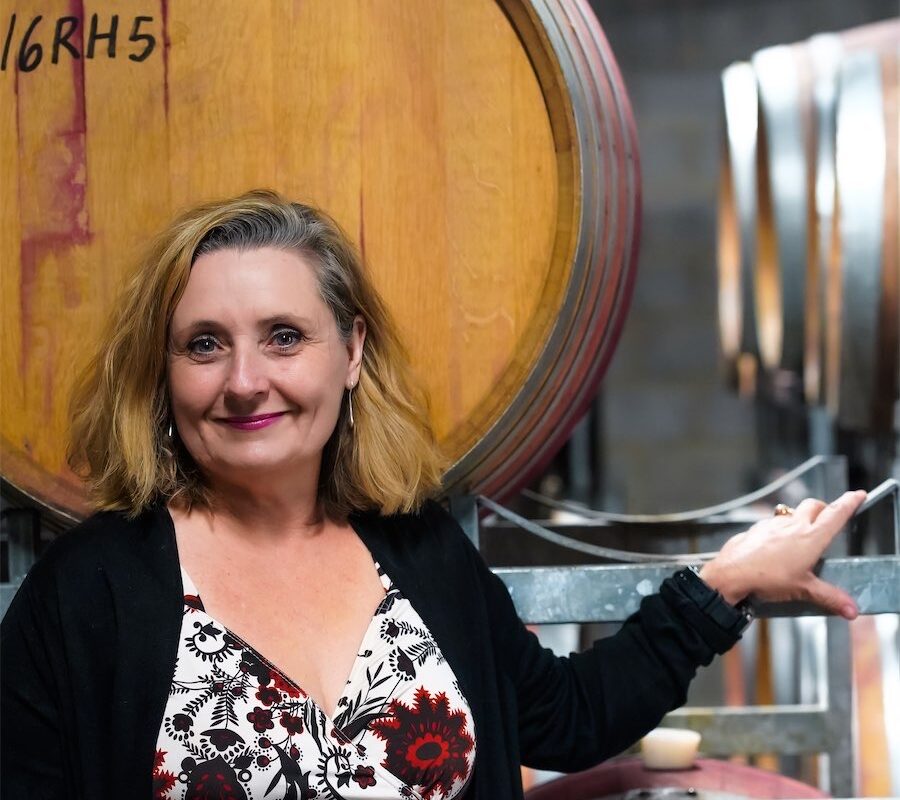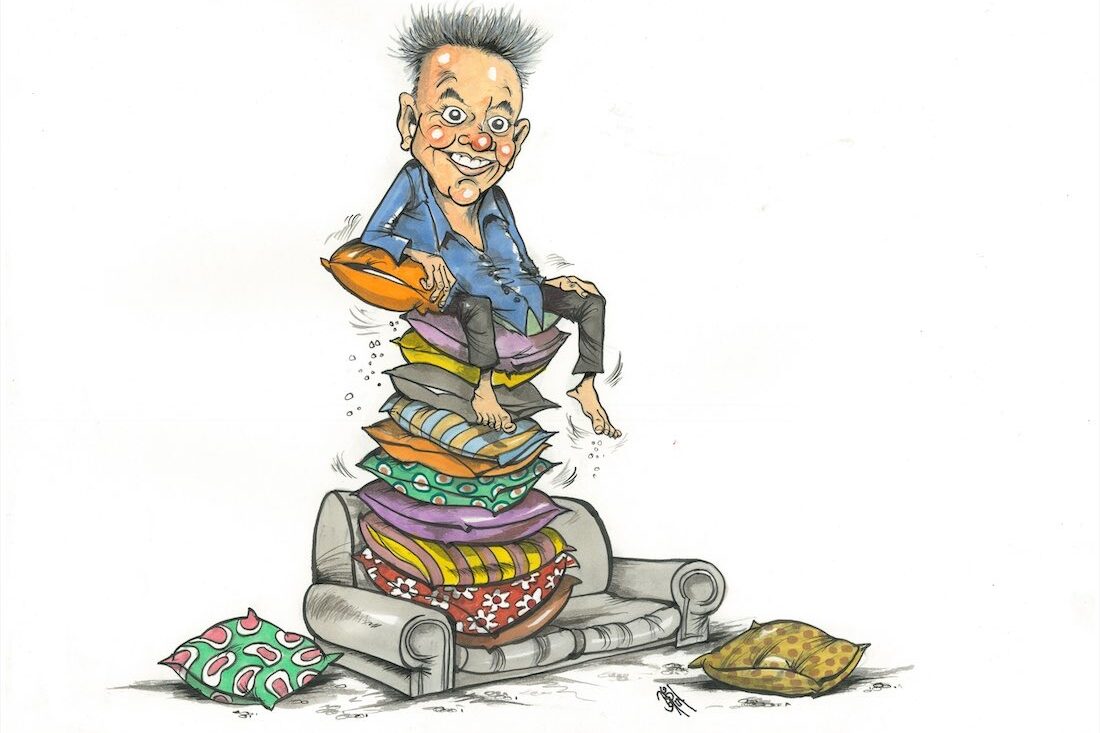“It’s worthwhile shelling out $70 for a bottle of this wine because it stands a complex and well-balanced expression of cabernet sauvignon,” says wine writer RICHARD CALVER. But what makes it so special?
THE failure of a mate and I to assess one of the wines that Brown Brothers sent me to taste as part of the 20th release of its premium Patricia range, the 2018 Patricia Cabernet Sauvignon, did not deter.

Instead, the editor of this journal and moi consumed it over lunch at Bellucci’s in Manuka on a sunny autumn day that lifted the spirits with its gift of sunshine and quiet, still air.
I extended this invitation despite the admonition by Dene October, author of books about Dr Who and British rock, that: “A good editor is someone who cares a little less about the author’s needs than the reader’s.” I was sure our need of a decent red was an undisputed commonality.
The restaurant was chosen because it permits BYO, as well as being licensed, and because cabernet is a good match for Italian food.
In my opinion, tannic and fruit-forward cabernet sauvignons are a good match with any tomato-based sauces. The acidity of the wine should match the acidity of the tomatoes, so long as the cabernet has sufficient structure to take on the acidity of the pomme d’amour, literally for the French the “love apple”.
Difficult to find any good etymology for this nomenclature but best guess after looking at a couple of websites seems to be that it reflects the alleged aphrodisiac qualities of tomato seeds.
I mention the French because cabernet sauvignon originates from the Gironde in the chateau country of south-west France, where it is the major component in the highly regarded red wine of the area, claret.
The waiter poured our wine as soon as we were seated, a very good beginning because the reaction of the wine with air markedly changed its characteristics over the course of an hour.
Quite simply, when air and wine interact, two important processes occur: evaporation and oxidation. These processes often improve the quality of the wine by changing its chemistry.
 In short, evaporation permits sulphites to be dissipated and for the alcohol in the wine to be less overpowering. Oxidation can add a nuttiness and enhance the fruit flavours but only in a limited time frame. Oxidation can cause wine to taste terrible after about two to three days.
In short, evaporation permits sulphites to be dissipated and for the alcohol in the wine to be less overpowering. Oxidation can add a nuttiness and enhance the fruit flavours but only in a limited time frame. Oxidation can cause wine to taste terrible after about two to three days.
The purple colour of the Patricia augured well for its depth, with the first sniff giving lots of blackcurrant on the nose. The first taste also saw the palate pummelled by the tannins, which showed it had sufficient structure to stand up to the bold sauce that accompanied my gnocchi, the lamb ragu with its mix of meat and tomato intensity.
We both agreed that the wine added to the richness of the food. After an hour, on consumption of the second half of the bottle, the fruit characteristics of the wine changed after air had softened the tannins and brought out greater levels of complexity.
I said: “Remarkable isn’t it how there’s now a hint of red fruit, how the initial black fruit flavours have changed.”
“Yes,” he said, “I hate to encourage you, but the fruit has changed; yes, I can almost taste raspberry.”
So, he gave me the raspberry but in the nicest possible way. He also remarked:
“This is a different experience. I wouldn’t usually pay this much attention to wine at a meal. But this one was tart at the beginning and enjoyable at the end.”
My response: at first tongue in cheek: “A little tart is often good to find.” But the serious response: it’s worthwhile shelling out $70 for a bottle of this wine because it stands as a complex and well-balanced expression of cabernet sauvignon.
There are more of Richard Calver’s wine columns at citynews.com.au
Who can be trusted?
In a world of spin and confusion, there’s never been a more important time to support independent journalism in Canberra.
If you trust our work online and want to enforce the power of independent voices, I invite you to make a small contribution.
Every dollar of support is invested back into our journalism to help keep citynews.com.au strong and free.
Thank you,
Ian Meikle, editor




Leave a Reply